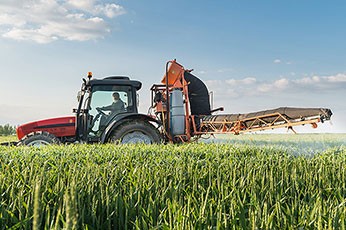



The Abell Foundation’s mission is to focus on poverty in Baltimore City. So why is it interested in agricultural pollution? The reason is that the city of Baltimore is now—appropriately—being held accountable by the Maryland Department of the Environment (MDE) and the EPA for both its stormwater and sewage pollution.
City residents of all income levels are paying taxes and fees to enable the city to fix its pollution problem. Yet farmers—whose collective contribution to Bay pollution is the largest of any single sector—are not being required to fix their pollution problem. They are being asked to do so mostly voluntarily. Why the difference in approach?
We’re all in this together. Urban residents depend and rely on farmers for food, and all Marylanders suffer the consequences of an unhealthy Bay. That said, it only seems fair to have the same rules applied to polluters across sectors so that one group of us does not end up paying more than its fair share to clean up the Chesapeake Bay.
In “The Chesapeake Bay and Agricultural Pollution: The Problem, Possible Solutions, and the Need for Verification,” four experts explore the challenge of agricultural pollution to the health of the Chesapeake Bay and offer fresh insights on what can be done. Former Maryland Department of Environment Secretary Robert Summers, former longtime Sun columnist and Bay Journal writer Tom Horton, noted agriculture expert Tom Simpson, and Bay Journal writer Rona Kobell have authored short, highly-readable pieces that offer a road map for how to move forward.
First, we must learn the Bay cleanup’s history so we don’t repeat the past mistakes. Second, we can look to other states for solutions. And finally, we should establish a strong, independent inspection and verification process to ensure that agriculture—in addition to all other sectors—are putting the practices in place for which they receive public funds, and that these practices are working.